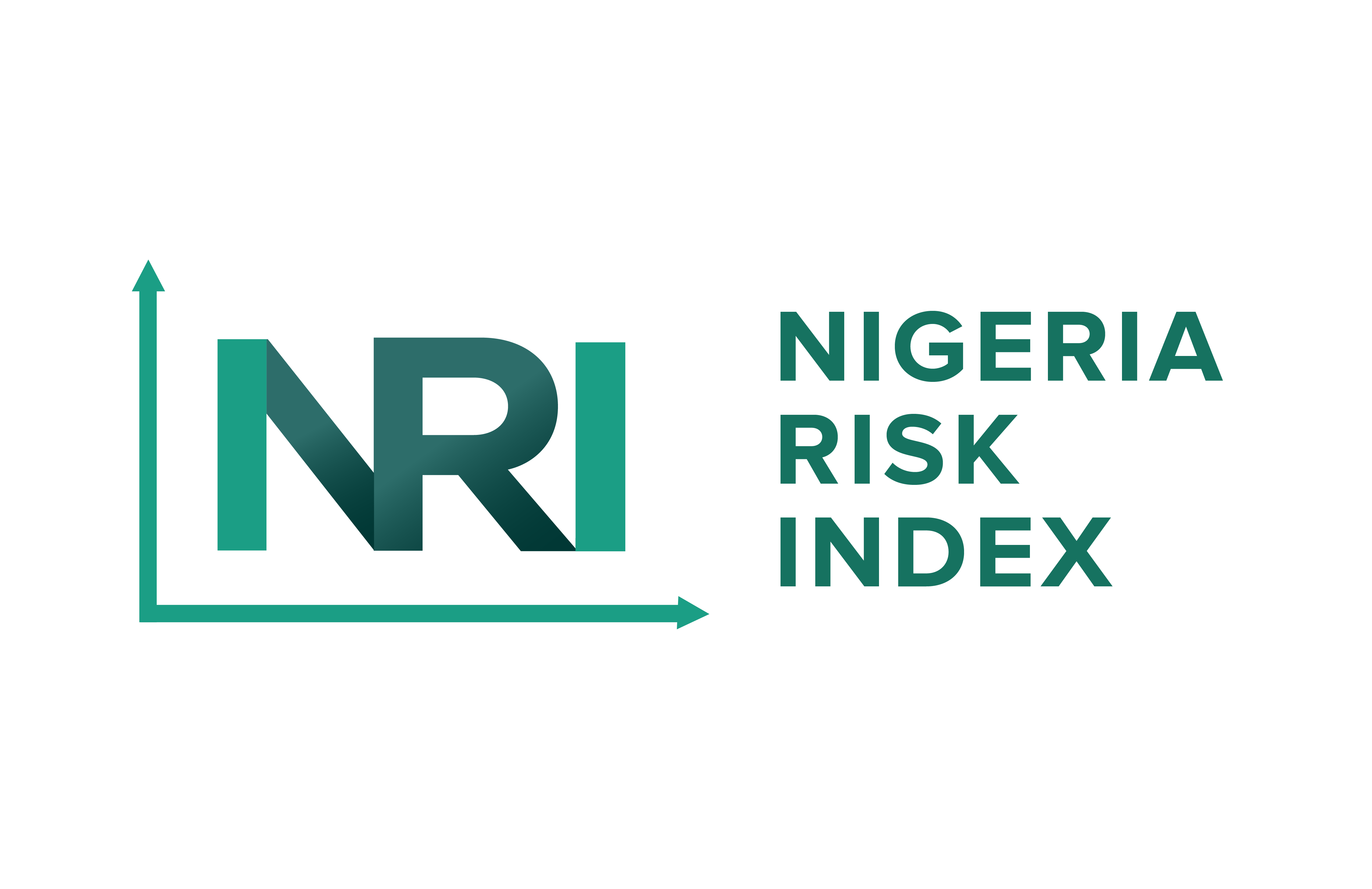Insights
Personal safety is a pressing concern in Nigeria, given the diverse security challenges across the country. From urban crime to regional conflicts, individuals face varied threats that can affect their daily lives and well-being. Understanding and implementing best practices for personal safety is essential not only for protecting oneself but also for contributing to the broader security framework. This article aims to provide practical advice and strategies that individuals can adopt to enhance their personal safety in Nigeria.
Essential Safety Practices
- Situational Awareness
- Stay Informed: Regular updates about the local security environment are crucial. Subscribe to reliable security news services, use apps that offer real-time alerts, and engage with community safety groups on platforms like WhatsApp.
- Be Observant: Always be conscious of your surroundings. Learn to recognize suspicious behaviours or situations that may seem out of place. Trust your instincts—if something feels wrong, it often is. Practice noticing exits and safety features in buildings you frequent.
- Secure Communication
- Use Secure Channels: When discussing sensitive information, opt for communication tools that offer end-to-end encryption to protect your data from unauthorized access. This is crucial for sharing sensitive personal and business information.
- Emergency Contacts: Create a comprehensive list of emergency contacts that includes local police, medical facilities, your country’s embassy (if applicable), family, and close friends. Ensure that it’s accessible offline and share it with your family members.
- Travel Safety
- Plan Your Route: Avoid high-risk areas known for crime or unrest. Use GPS technology to plan and track your route, and always inform someone of your travel plans.
- Use Trusted Transport: When possible, use reputable transport services, particularly those that can be booked via an app and tracked by GPS. Avoid night travel in high-risk regions, and always check vehicle condition and driver credentials.
- Residential Security
- Secure Your Home: Invest in high-quality locks, gates, and burglar-proof windows. Consider smart home security systems that include alarms and motion detectors linked to your phone.
- Neighbourhood Watch: Participate in or establish a neighbourhood watch program. These programs foster a sense of community and make it easier to disseminate information about potential threats quickly.
- Personal Conduct
- Low Profile: Maintain a low profile to avoid attracting unwanted attention. This includes dressing modestly and avoiding ostentatious displays of wealth, such as expensive gadgets, jewellery, or cars, particularly in public or insecure areas.
- Crisis Response Plan: Develop and regularly update a personal safety plan. Practice scenarios like what to do if you're approached by an armed individual, how to evacuate during a natural disaster, or what steps to take during a local unrest situation. Include self-defence training as part of your preparedness.
Adhering to these best practices can significantly enhance personal safety and provide peace of mind in a complex security environment like Nigeria. By being proactive about personal security, individuals can not only protect themselves but also contribute to the overall safety of their communities.

The Risk Control Team
Related Blog Posts
- GENOCIDE OF CHRISTIANS – IS NIGERIA GUILTY AS CHARGED?
- Is Nigeria under President Tinubu’s Administration, Finally Controlling Its Economic Risks?
- Northern Nigeria’s Peace Deals With Bandits: Truce or Time Bomb?
- The Dangote-Transporters Impasse: A Clash of Modernisation and Tradition
- Nigeria’s Mandatory Taxpayer Identification Number (TIN)Policy
